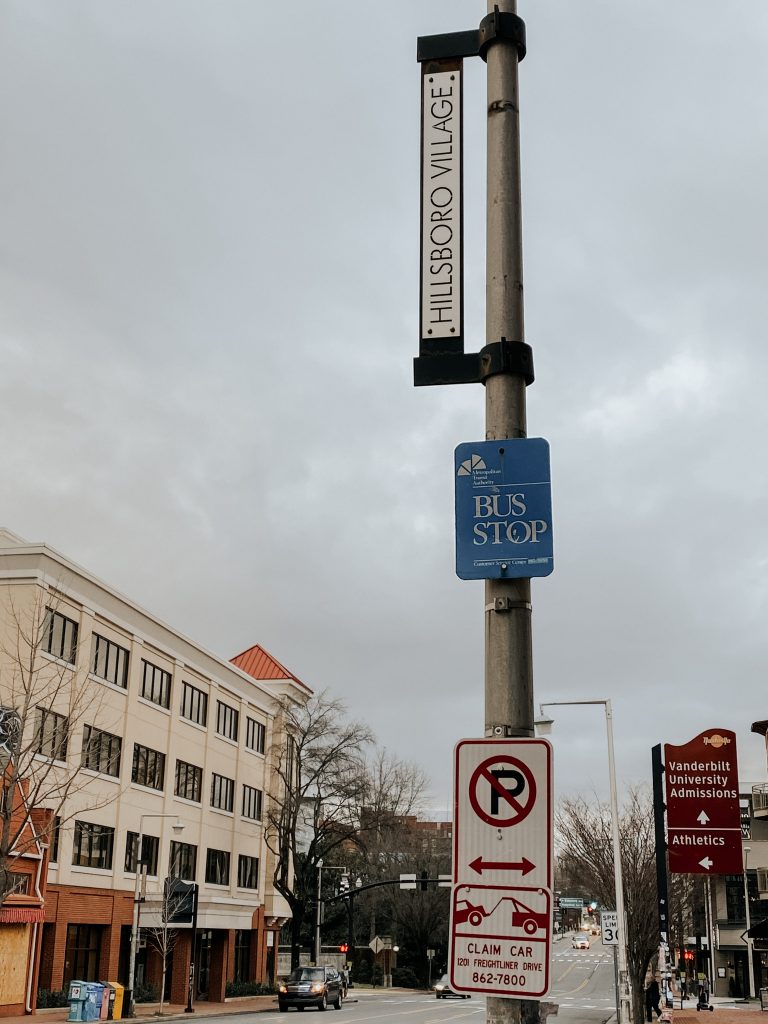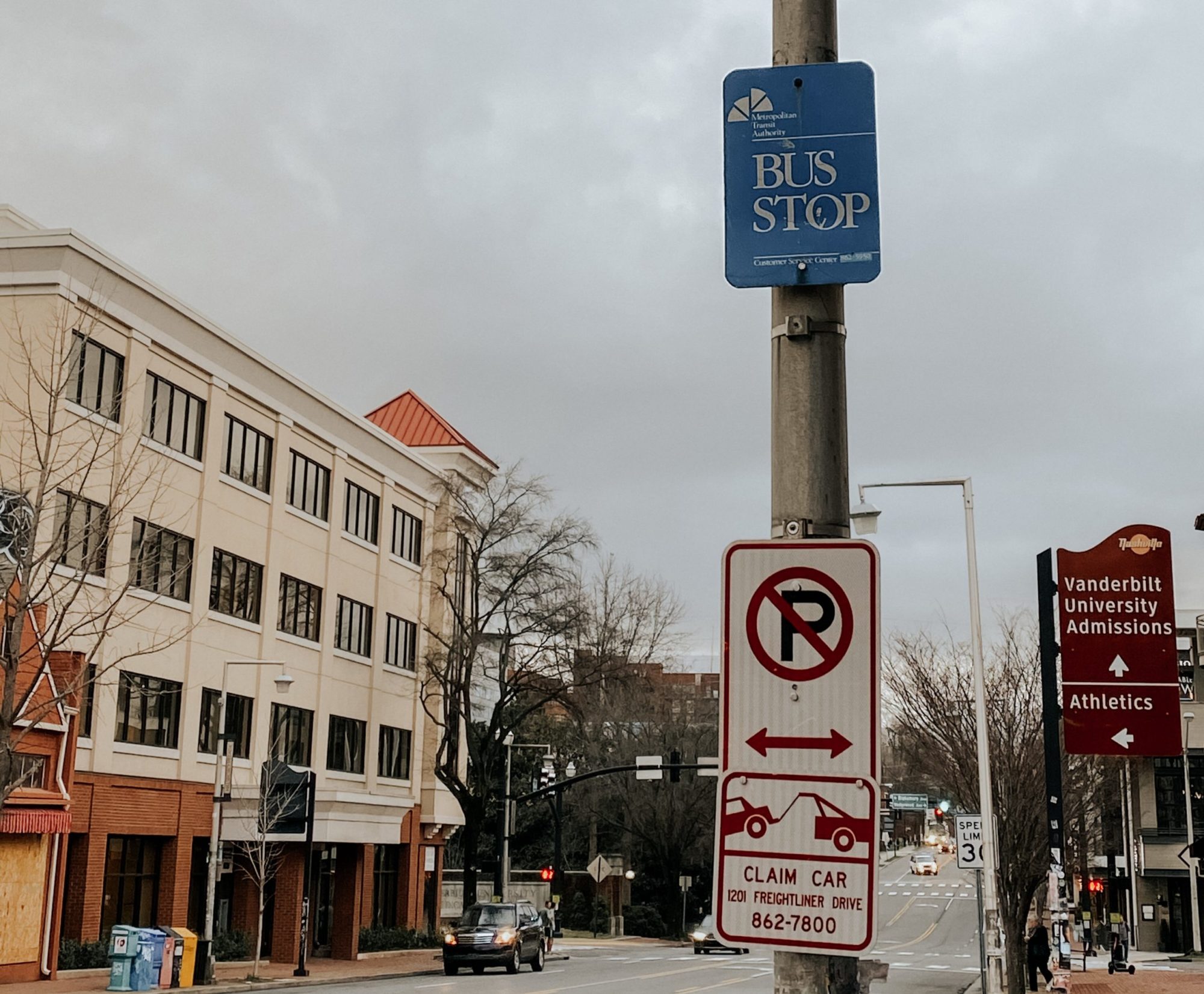We all know about it. Whether directly or indirectly, we all encounter its consequences. We see it in the trendy shops opening up along Charlotte Ave., and in the restaurants we flock to in East Nashville. We also see it in the sharply increasing home and rent costs throughout the city, and in the countless cranes that dot the skyline. So what’s the deal with gentrification in Nashville?
Gentrification refers to the urban planning projects that often displace working class families of color in order to open up residential and retail space for younger, wealthier, and whiter residents. These residents being pushed out are often long-term residents of the city living in historically underdeveloped neighborhoods. They face displacement because of rising property taxes and predatory companies which seek to develop these areas of town through aggressive real estate investment.
The consequences of gentrification, and how we experience it, are fairly mixed. On the one hand, I happily enjoy visiting coffee shops offering the next best artisan drink to relax and catch up on work. On the other hand, I also live in an area where I see historic homes knocked down each day to make way for “tall and skinny” condos that might just end up as Airbnbs after a year. Gentrification destroys the long-standing communities that create the iconic culture of a city like Nashville.
Gentrification must be studied at its roots in order to mitigate some of its negative effects. Who makes the policy and investment choices that lie at the heart of urban gentrification? Land use planners, city officials, and company leaders all help create the policies that actively contribute to gentrification in urban neighborhoods. Assessing the likely identity of future residents helps these actors decide where and how to launch urban planning and “revitalization” projects.
For residents of the disinvested communities that are likely sites for future gentrification, these actors often appear as predatory and profit-driven, rather than truly interested in community investment. However, urban planners can offer constructive policies for community development when they work closely with community partners who understand the needs and perspectives of community members. From building middle-income housing and prohibiting luxury developments, to freezing or reducing property taxes for long-term residents, planning policies oriented to protect long-term residents from displacement can still revitalize neglected neighborhoods.
The recent tornadoes in Middle Tennessee exemplify the need for equitable community development plans. North and East Nashville, the hardest hit neighborhoods of the city, also happen to be the location of many of the disinvested communities that will likely face gentrification pressures in the coming months and years.
As developers enter these damaged communities, seeking to buy out property from long-time residents, Nashvillians are pushing back. Charlane Oliver, Executive Director of The Equity Alliance, created the hashtag #DontselloutNorf to mobilize community members against predatory buyouts in these historic neighborhoods. The same Nashville that overcame violent 1998 tornadoes and an historic 2010 flood gathers strength once more in the tight-knit communities that call this city home.
While we may enjoy benefits from gentrification, we must be conscientious and critical of practices that jeopardize these long-standing community ties. Especially in the aftermath of the Middle Tennessee tornadoes, we must support the individuals and organizations that want to preserve the culture and character of Nashville, rather than contributing to urban gentrification that pushes historic residents further out of the city. If you are interested in supporting these initiatives, consider donating your time or resources to organizations like The Equity Alliance or Hands on Nashville in order to help these neighborhoods and communities rebuild, without facing the pressure of gentrification.

- State of the UNIONS: Welcome to September’s Impactfull Series - September 2, 2022
- What We Can Learn from the Ukrainian Refugee Crisis - March 29, 2022
- The Olympic Effect: Changes in Host Communities - February 21, 2022
